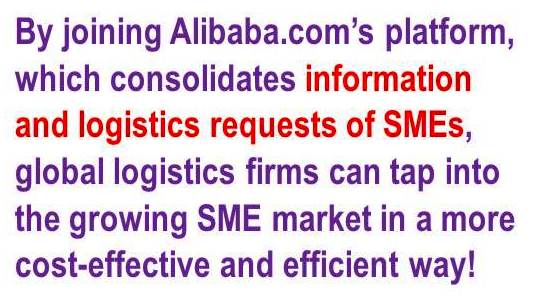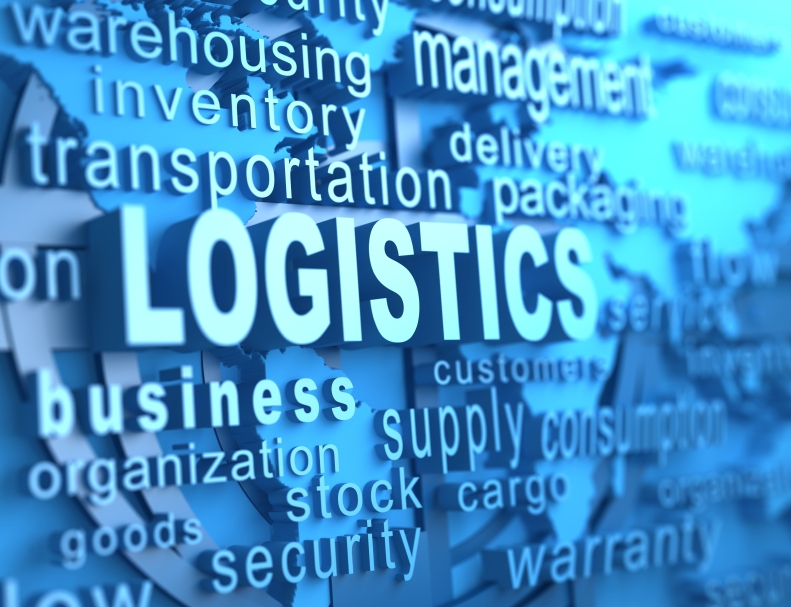 Alibaba.com is teaming up with major logistics and transportation companies to drive down the cost of overseas shipping faced by smaller exporters and expand the choices available to users of the wholesale e-commerce website.
Alibaba.com is teaming up with major logistics and transportation companies to drive down the cost of overseas shipping faced by smaller exporters and expand the choices available to users of the wholesale e-commerce website.
Over the last seven months, Alibaba Group’s international B2B site has announced partnerships with UPS and FedEx for express delivery, Maersk for container shipments, and DHL and Kuehne + Nagel for airfreight, among others, significantly boosting cross-border logistics options available online through Alibaba.com.
Currently there are more than 100 logistics companies and 1,700 freight forwarders offering their services through Alibaba.com, which has an international membership base predominantly made up of Chinese manufacturers and suppliers selling globally.
Alibaba.com is beefing up the platform “to provide optimal, one-stop, door-to-door logistics solutions that connect China and the world,” said Steve Su, Alibaba.com senior logistics expert. “We’re offering digital solutions that streamline and simplify the process, cut costs, and enable small- and medium-sized exporters to enjoy same service and price as big exporters do.”
 An example is Alibaba’s partnership with Maersk, one of the world’s leading container shipping and ports operators. In December, Alibaba.com began allowing exporters to reserve space on Maersk container ships through the e-commerce site’s OneTouch service. OneTouch is offering online booking—with cargo space guaranteed—on select routes between five Chinese ports and eight overseas destination ports.
An example is Alibaba’s partnership with Maersk, one of the world’s leading container shipping and ports operators. In December, Alibaba.com began allowing exporters to reserve space on Maersk container ships through the e-commerce site’s OneTouch service. OneTouch is offering online booking—with cargo space guaranteed—on select routes between five Chinese ports and eight overseas destination ports.
The Maersk tie-up helps to ease several challenges–such as unpredictable costs and booking cancellations –faced by small exporters when shipping on ocean vessels. Container companies typically prefer dealing with high-volume businesses, but Alibaba.com, which has around 150,000 members, effectively consolidates a large number of potential customers, Su said. “As a platform, Alibaba is able to integrate small exporters and their demands, thus helping them secure more resources when talking with shipping lines.”
By joining Alibaba.com’s platform, which consolidates information and logistics requests of SMEs, global logistics firms can tap into the growing SME market in a more cost-effective and efficient way, he said. Maersk also adopted Alibaba.com’s logistics-information technology to standardize the process and help lower costs. “Maersk partnered with us because they noticed the disorder of the industry and is willing to transform and standardize the process,” Su said.
“Express companies like FedEx and UPS were reluctant to serve SMEs since they were afraid of potential risk,” Su said. “Alibaba as a platform can control the risk by evaluating the trading data of exporters, and this encourages third-party providers to offer better prices and even customized solutions for particular industries. For instance, wig sellers prefer delivery with sign-off services to avoid customer complaints, and express companies are willing to provide this and charge low sign-off service fees.”
Source: Alizila






















